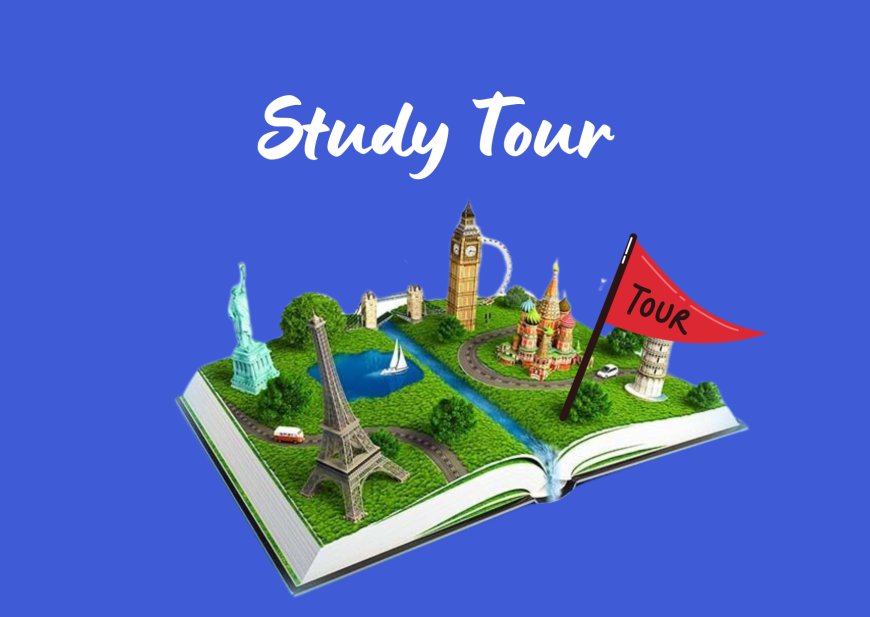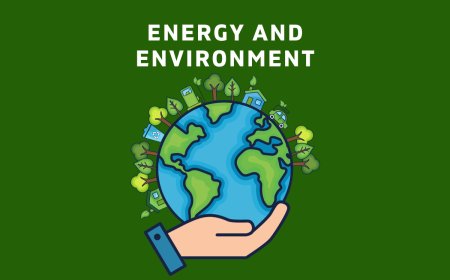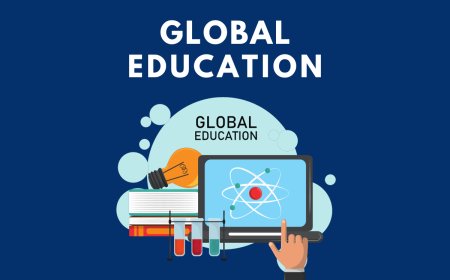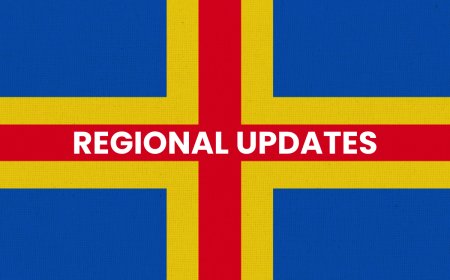Broadening Horizons and Nurturing Knowledge
Unveiling Unparalleled Learning Opportunities

Study tours, often overlooked yet immensely impactful, serve as gateways to a world of experiential learning. As educational avenues continue to evolve, the relevance of study tours stands unrivaled. This article aims to unravel the essence of study tours, guiding you through their planning, execution, and the profound impact they have on knowledge acquisition and personal development.
Introduction: Unveiling the Essence of Study Tours
Understanding the concept of study tours is essential. Unlike traditional classroom learning, study tours offer immersive experiences outside the academic setting. They facilitate firsthand exposure to various cultures, environments, and industries, thereby broadening perspectives and nurturing holistic development.
Choosing the Destination
Selecting the right destination is pivotal. It should align with the learning objectives and cater to the interests of the participants. From historical landmarks to ecological wonders, the options are vast.
Identifying Learning Objectives
Clarity on the desired outcomes helps in structuring the tour effectively. Whether it's cultural understanding, scientific exploration, or career-oriented insights, defining objectives is crucial.
Logistics and Budgeting
Careful planning of logistics and budgeting ensures a smooth and hassle-free experience. From transportation to accommodation, every detail needs meticulous consideration.
Institutional Engagement and Support
Engaging educational institutions in the planning process fosters support and guidance. Collaborating with faculty or mentors enriches the tour's educational value.
Maximizing Learning Opportunities
Immersive Learning Experiences
Engaging in local activities, workshops, or internships amplifies the learning experience beyond textbooks.
Interacting with Locals
Interaction with locals exposes participants to diverse perspectives, fostering cultural understanding and empathy.
Documentation and Reflection
Importance of Documenting Experiences
Keeping records, be it through journals, photos, or videos, preserves memories and aids in reflective learning.
Reflection as a Tool for Learning and Growth
Encouraging participants to reflect on their experiences enhances the depth of learning and personal growth.
Implementing Learnings in Academics or Career
Translating the acquired knowledge and experiences into practical applications enriches academic or professional endeavors.
Sharing Experiences Within the Community
Spreading insights gained from the tour within the community fosters a culture of shared learning.
In conclusion, study tours serve as catalysts for personal and academic growth. The amalgamation of experiential learning, cultural immersion, and reflective practices creates an enriching environment conducive to holistic development.
What's Your Reaction?




























































































